IBM claims to have developed an AI accelerator chip for training and inferencing that beats other leading chips on benchmarks.
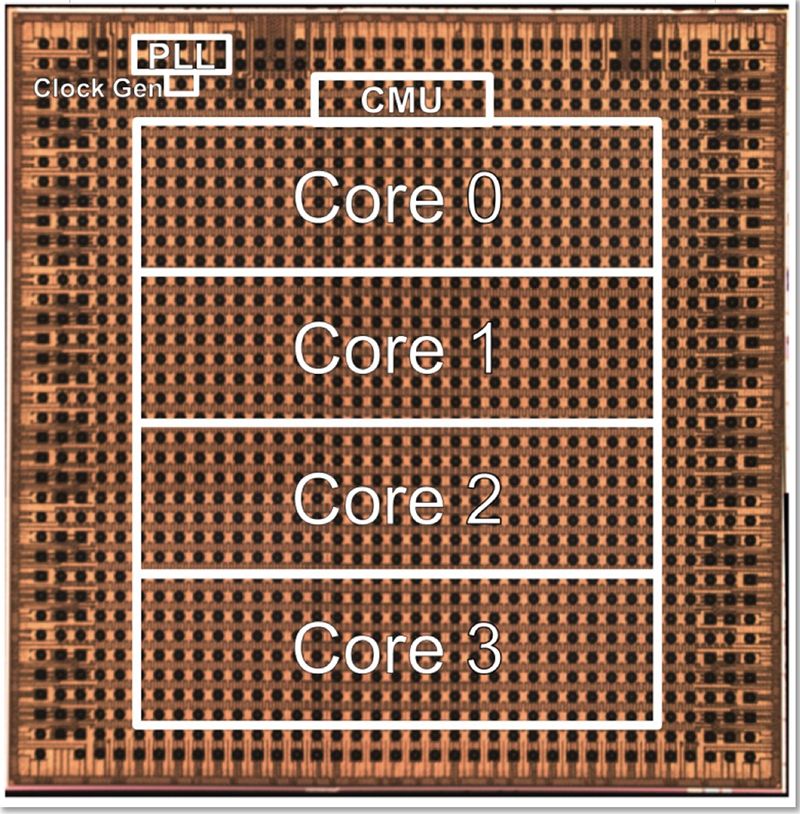


mission experts will talk about the robotic scientist’s touchdown in the most challenging terrain on Mars ever targeted.
Perseverance, which launched July 302020, will search for signs of ancient microbial life, collect carefully selected rock and regolith (broken rock and dust) samples for future return to Earth, characterize Mars’ geology and climate, and pave the way for human exploration beyond the Moon.
Tune in to watch a live broadcast from the Von Karman Auditorium at NASA’s Jet Propulsion Laboratory.
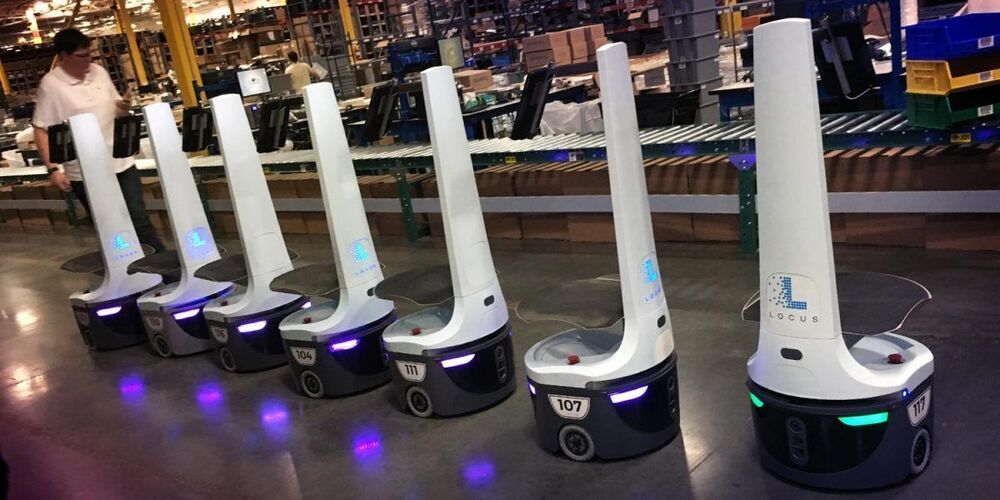
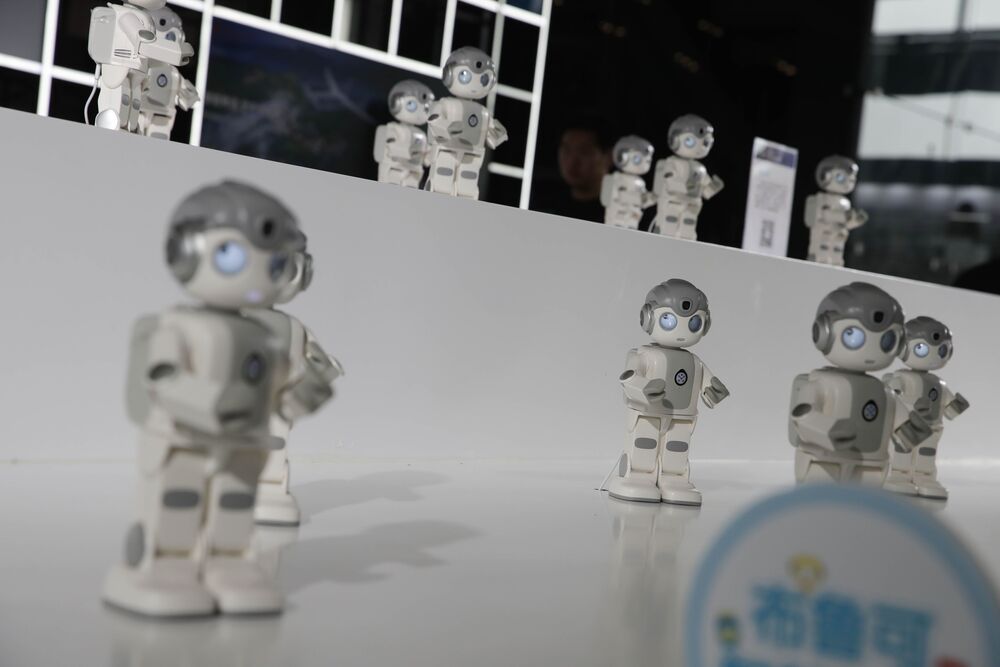
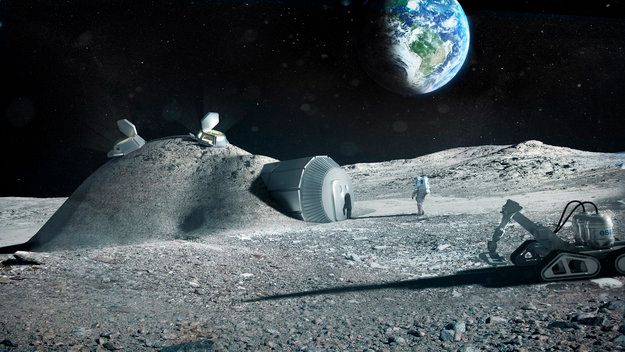
Shouldn’t NASA — National Aeronautics and Space Administration already be building a moon-base with Elon Musk at SpaceX as well as Russia and China? Congress should fund space travel.
RUSSIA and China are joining forces as they prepare to sign a historic deal to build the first moon base after they snubbed the US.
The two countries are to collaborate on the international lunar structure, which was thought up by China — the latest build in the space-race against America.
🚀 Follow our Mars landing live blog for up the minute updates from Perseverance…
The purpose of the International Lunar Research Stations (ILRS), is to create a long-term robotic presence on the Moon by the start of the next decade, before eventually establishing a sustained human presence.
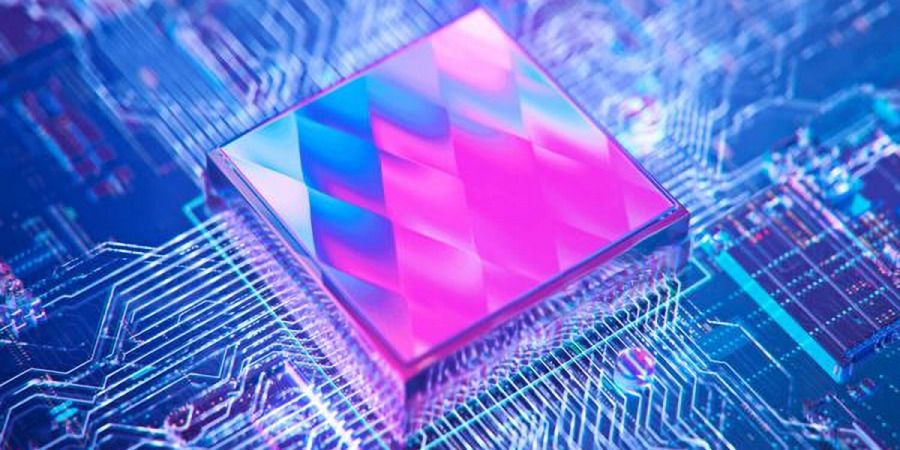
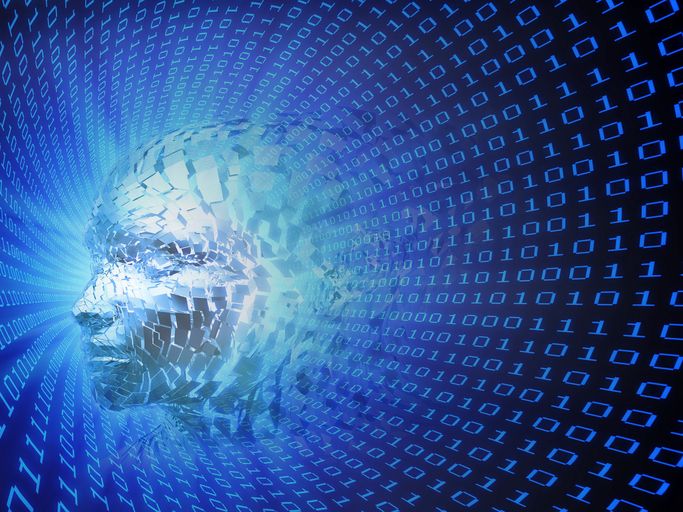
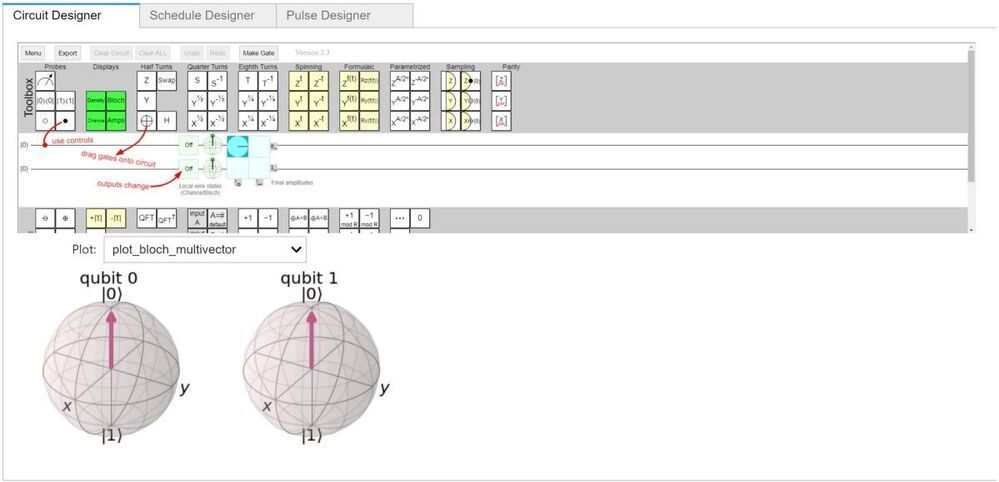
Like.
By Amir Ebrahimi — Principal Software Engineer · Unity Technologies
What opened quantum computing up for me was realizing that it’s even more connected to our physical universe than classical computing is.
I’m at Unity, where I have a day job developing software for Barracuda, our CPU/GPU optimized inference engine for neural networks. I’ve been working in the video game industry since 2003, which is usually on the cutting edge of technology, so it’s surprising that I had never heard about quantum computing until about three years ago — I don’t know if I was ignoring it or if I simply wasn’t exposed to it. Back in 2018, one of my coworkers who was already interested in quantum computing shared a few links to the IBM Quantum Experience, and explained that you could use a quantum computer online. I took a look and bookmarked it, but didn’t actually try it out.
This new technology creates photorealistic talking clones that may eliminate the need for cameras.
Thanks to a new technology, it is possible to create photorealistic digital talking humans that may eliminate the need for cameras.